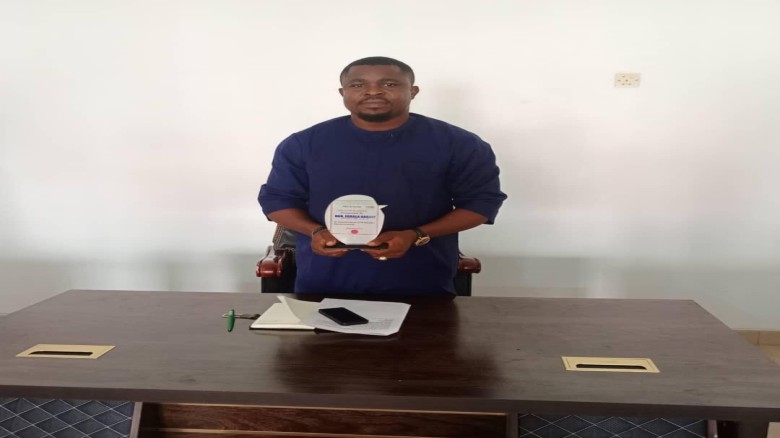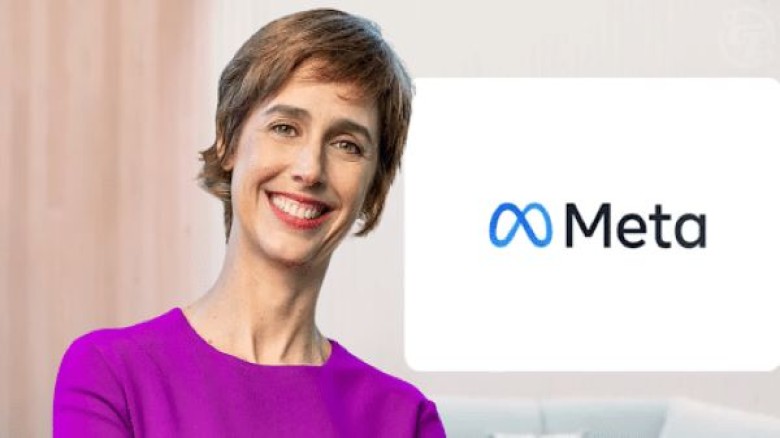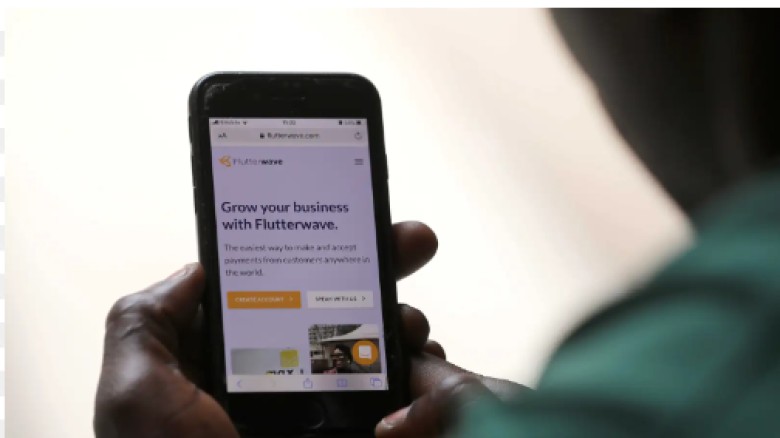Stakeholders urge use of satellite technology to combat marine pollution
The stakeholders emphasized the importance of satellite technology in addressing marine pollution, detecting oil spills, protecting marine biodiversity, and encouraging sustainable shipping in Africa.They stressed the significance of developing comprehensive frameworks at the municipal, national, and regional levels to effectively monitor and address marine pollution.
Collaboration, innovation, and strong enforcement of environmental laws were considered as critical to protecting Africa's maritime ecosystems.
The conversation took place in Lagos, at the start of a three-day workshop titled "Leveraging Earth Observation for Oil Spill, Transshipment, and Ship Detection."
The Nigerian Institute of Oceanography and Marine Research, in collaboration with Marine and Coastal Areas Management for West and Central Africa and Global Monitoring for Environment and Security in Africa, organized the workshop to bring experts together to develop strategies for preserving Africa's maritime environment.
Tajudeen Alao, President of the Nigerian Association of Master Mariners, commented on the unparalleled precision of earth observation satellites, describing how these technologies allow for precise mapping of oil spills and maritime pollution, ensuring prompt responses and effective containment.
"Satellites provide greater precision than human or drone surveillance. They allow for quick mapping of oil spills and monitoring of pollution movement, making them critical instruments for environmental protection and sustainable shipping," Alao said.
He emphasized the economic consequences of oil spills, particularly their negative impact on fisheries, marine ecosystems, and coastal people.
Citing Ghana's progressive regulations, he urged Nigeria to take harsher steps, such as imposing large penalties and revoking licenses for violators.
"Those who pollute must pay. The expense of cleaning up pollution is tremendous; thus, international organizations such as the International Maritime Organization and the IOPC fund should be used to help cleanup operations and recompense impacted people," Alao remarked.
Meanwhile, Prof. Sandow Yidana, Provost of the University of Ghana's College of Basic and Applied Science, emphasized Ghana's severe environmental policies. He noted that corporations are required to sign environmental protection agreements before beginning operations, and infractions result in multimillion-dollar fines or license revocation.
Yidana emphasized the value of satellite technology in real-time mapping and tracking of oil spills and maritime contamination. He asked Nigeria to adopt measures similar to Ghana's to increase accountability and openness.
Prof Sule Abiodun, Executive Director/Chief Executive Officer of NIOMR, advocated for regional cooperation and investment in modern technology to protect Nigeria's maritime environment.
He highlighted the risks associated with oil extraction and maritime activities, emphasizing the need for a comprehensive national contingency plan.
Nigerian oil operations are considerable, with ultra-large crude tankers loading up to three million barrels at Single Point Mooring ports. "Any leak could have catastrophic environmental consequences," Abiodun said.
























Leave A Comment